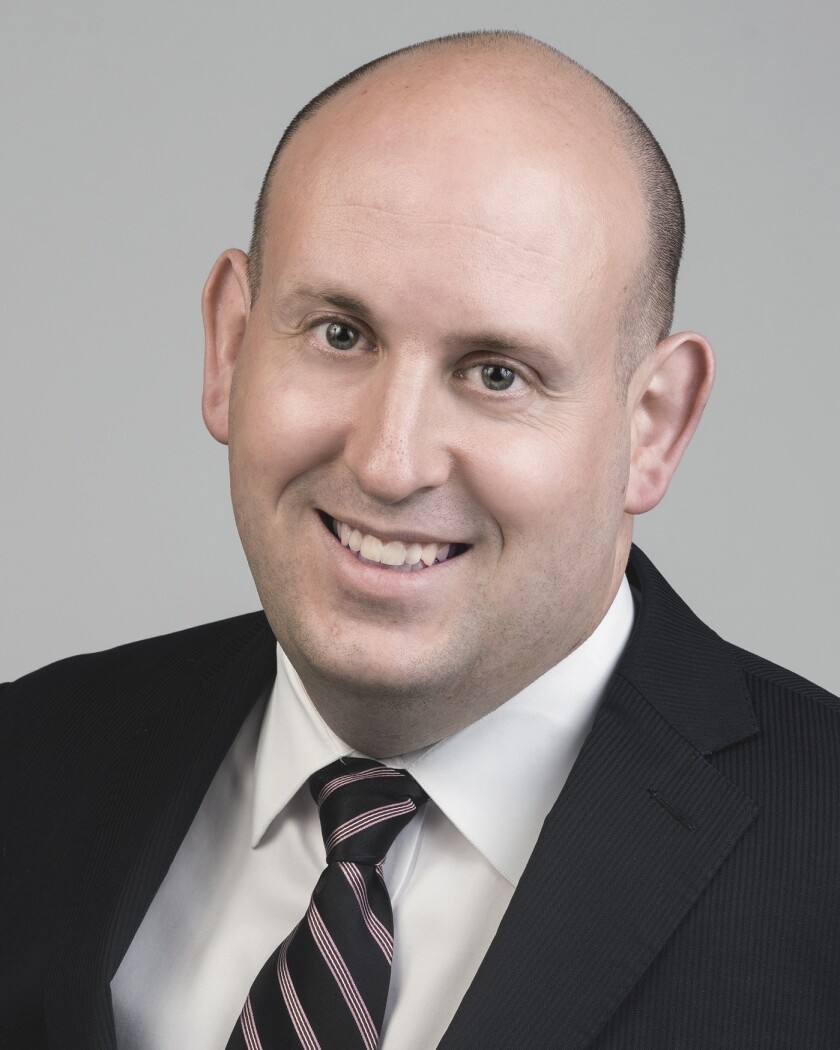Fraud is continuing to increase this year, in part due to the COVID-19 pandemic, according to a new survey by the Association of Certified Fraud Examiners.
The report found that 79 percent of anti-fraud professionals have seen an increase in the overall level of fraud as of November, compared to 77 percent in August and 68 percent in May. Thirty-eight percent of the respondents said in November the increase has been significant, compared to 34 percent in August and 25 percent in May.
Rémi Hermant is an analyst at Reclaim Finance.
Sraeel joins the company's operational leadership team and will drive strategy and content development for the events and live media business with 20+ conferences and community-based recognition programs
Chris Roszell is the Global Head of Total Rewards at Manulife, with accountability for the company's compensation, benefits, wellness and pension plans for employees. He also has experience working at a global human resource consulting firm and as a senior executive in a small manufacturing business. Chris is passionate about spending time with his wife, two sons and exuberant dog at their cottage in Northern Ontario. Chris has a bachelor of mathematics from the University of Waterloo and a master's of business administration from McMaster University.
Cyber fraud, payment fraud (such as schemes with debit and credit cards) and identity theft are the three top fraud schemes seeing increases, according to anti-fraud professionals.

The largest increase in observed fraud was in financial statement fraud, with 7 percent more anti-fraud professionals reported seeing financial statement fraud in November, compared to August. That could be because as companies continue to see their profits drop, they feel more pressure to cook the books.
The survey also found 77 percent of anti-fraud professionals report that investigating and preventing fraud is more challenging now, while 71 percent said detecting fraud is more challenging as a result of the pandemic.
ACFE members anticipate the fraud trend will continue, even as vaccines have begun rolling out this week in the U.S. Ninety percent of the survey respondents expect a further increase in the level of fraud over the next 12 months, with 44 percent predicting the change is likely to be significant.
Nearly half (48 percent) of the organizations polled expect to increase their investments in anti-fraud technology, and 38 percent intend to raise the use of fraud-related consultants or other external resources. Budgets for anti-fraud training and professional development are experiencing a similar increase (according to 37 percent of the organizations polled), but nearly one-quarter (24 percent) anticipate a decrease in this area. The budget component most likely to see decreases is travel for anti-fraud staff, which shouldn’t be surprising given the plunging levels of air travel in general over this past year, with 38 percent of the survey respondents expecting a reduction in funds for travel in the year ahead.



